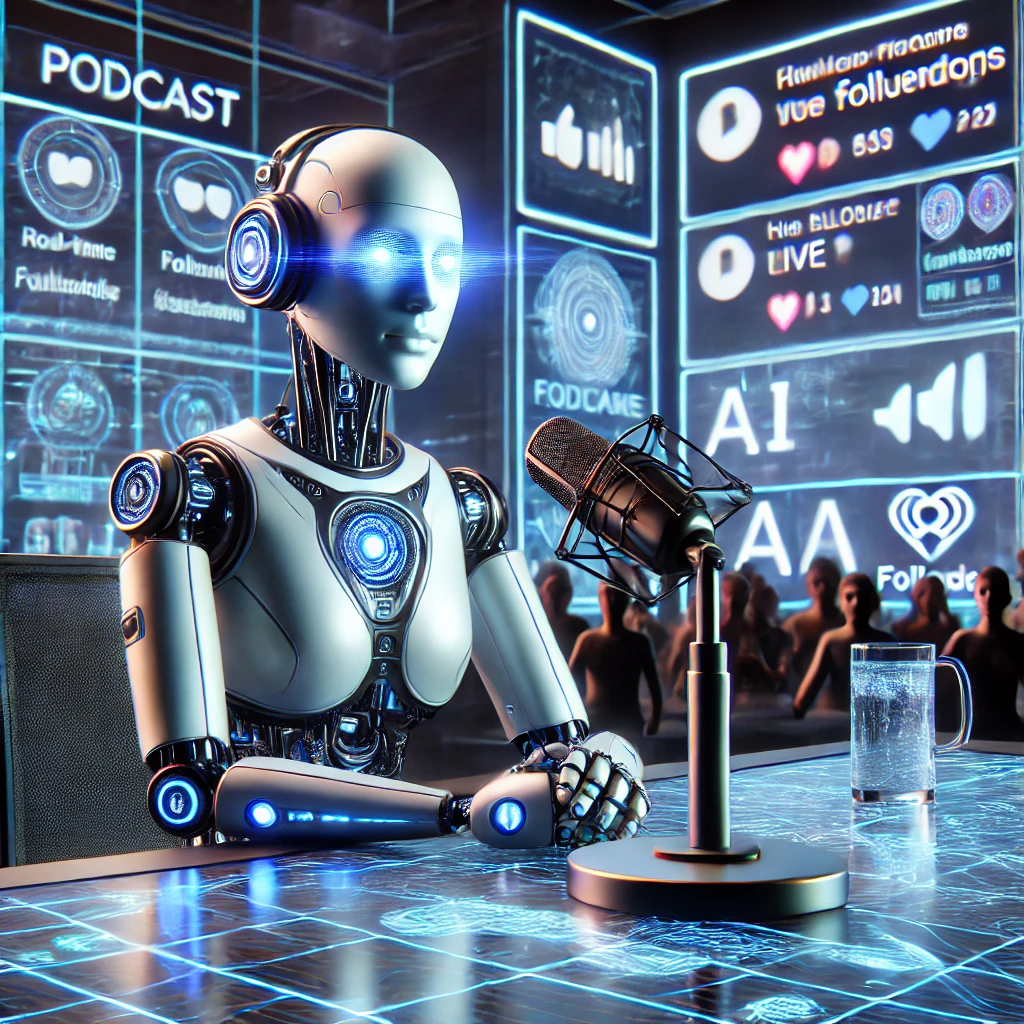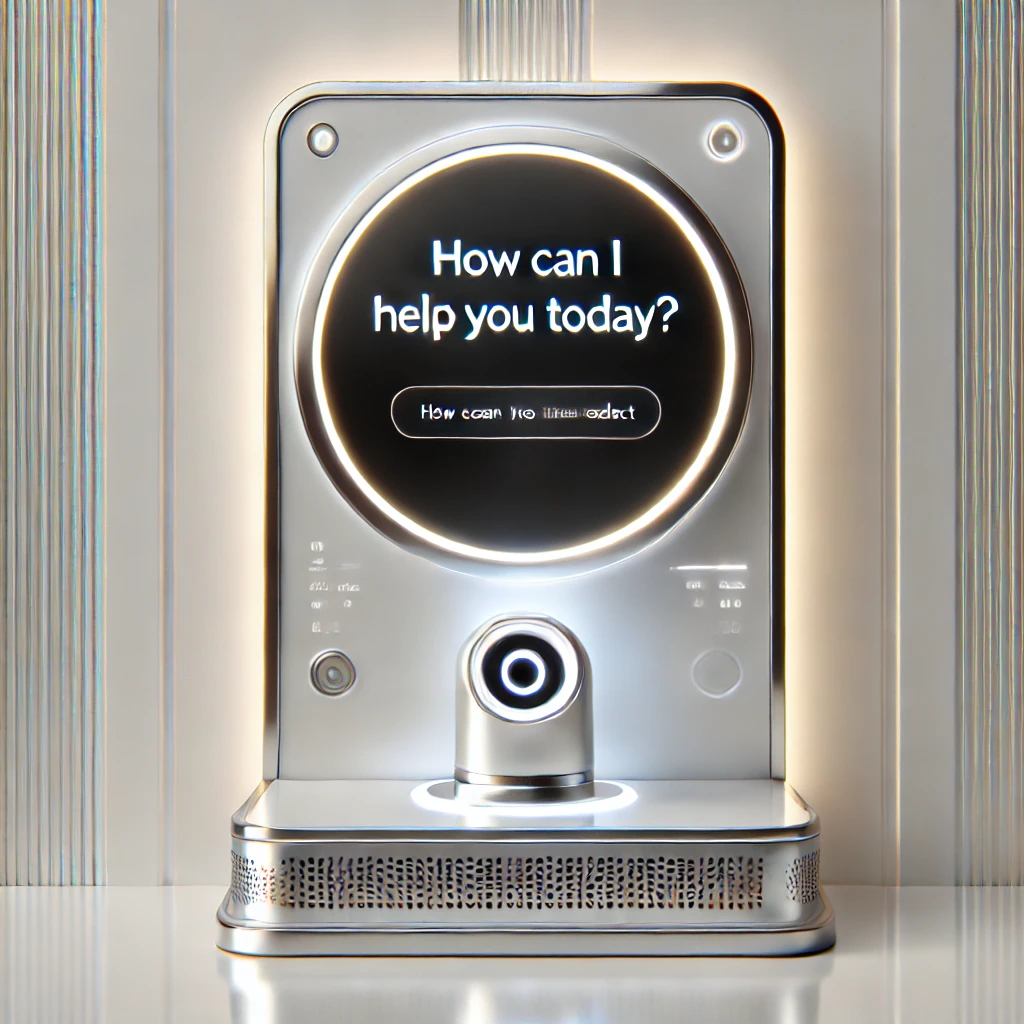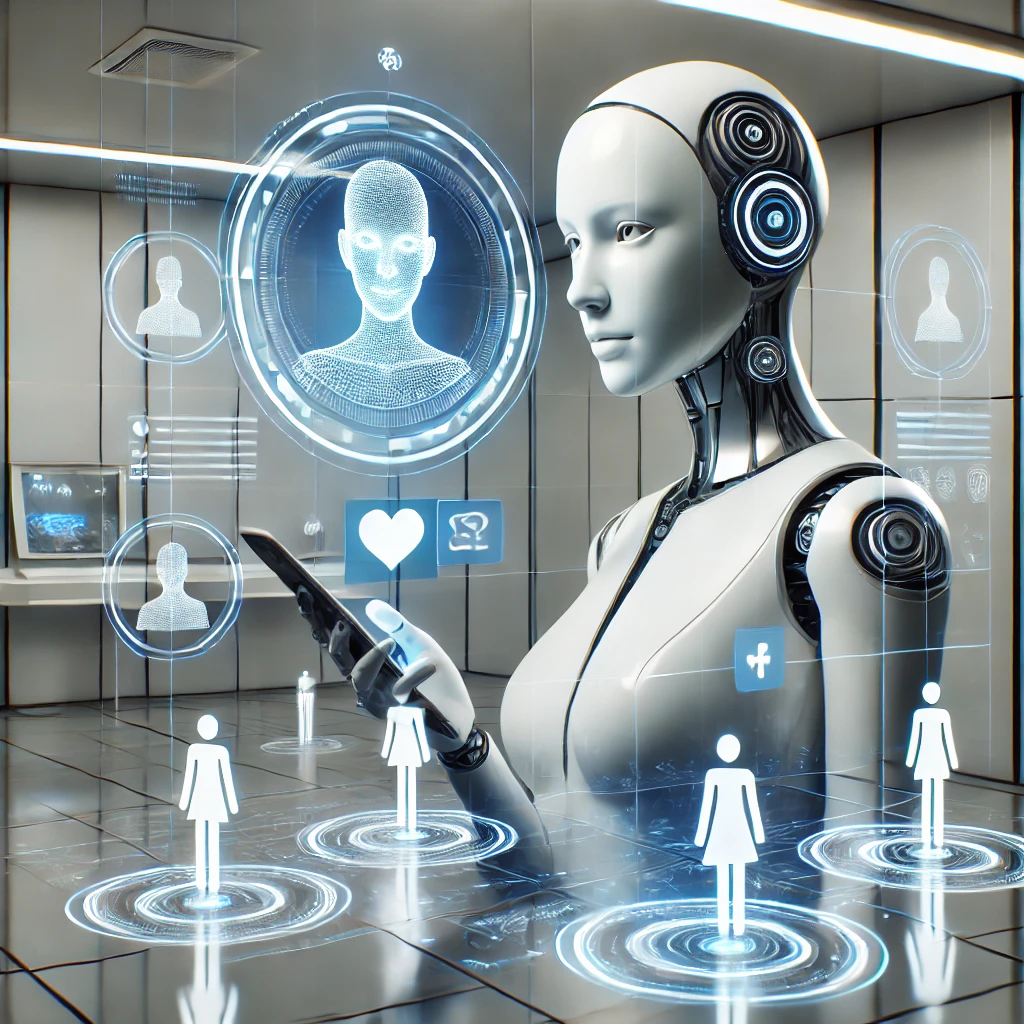In recent years, artificial intelligence has been quietly reshaping the landscape of social media, online content creation, and digital relationships. Once confined to the realms of data analytics and automated customer service, AI is now evolving into something more personable, more relatable—a digital personality capable of captivating human audiences. As we explore the current state of AI’s involvement in platforms like social media, subscription-based services, and even virtual dating, we begin to uncover a complex interplay of technology, culture, and commerce.
AI’s Growing Presence in Social Media and Beyond
Social media platforms have always been fertile ground for influencers—individuals who can shape opinions, spark trends, and command attention. Now, AI-generated personalities are joining the mix. Virtual influencers such as Lil Miquela and Shudu have gained millions of followers, secured brand deals, and engaged audiences with an efficiency that only algorithms can provide. These virtual beings don’t sleep, don’t tire, and can be tailored to resonate with specific demographics, making them attractive to marketers and brands.
Beyond the realm of social media, AI is finding its way into subscription-based platforms like OnlyFans and Patreon. Some creators are experimenting with AI-powered virtual avatars to engage with their subscribers, offering a unique blend of accessibility and mystery. This creates new opportunities but also raises questions about authenticity and the evolving expectations of audiences.

A Hypothetical Theory: Why AI is Thriving as a Digital Personality
One possible reason for AI’s rapid integration into these spaces lies in the human tendency to project emotions and relationships onto non-human entities. Consider the Eliza effect—coined after an early natural language processing program—where people ascribe human-like traits to simple machines. Today’s AI is far more sophisticated, capable of creating content, responding in near-real time, and even simulating emotional interactions. This opens the door for AI personalities to form connections with followers and subscribers, fulfilling human needs for companionship, entertainment, and inspiration in ways that traditional influencers might struggle to replicate consistently.

Emerging Sectors of AI as Digital Influencers
The implications of AI as online personalities extend beyond social media and subscription platforms. Virtual hosts and spokespeople are becoming commonplace in e-commerce, guiding shoppers through personalized recommendations and promotions. In the gaming industry, AI characters are not only becoming more lifelike but are also beginning to serve as guides, coaches, and companions, adding depth and value to the user experience.
In the world of online dating, AI is already playing a role in matchmaking algorithms, but the next step might involve AI-powered virtual companions. These digital personalities could help users practice social interactions, explore new conversational dynamics, or even provide emotional support. This potential shift challenges traditional notions of relationships and invites deeper discussions about authenticity, emotional bonds, and the role of technology in our personal lives.
Looking to the Future
As we peer into the future, it’s clear that AI’s influence as a digital personality will only grow. Advances in machine learning, natural language processing, and realistic digital rendering are paving the way for even more engaging and interactive virtual influencers. Brands, marketers, and content creators will need to navigate these changes thoughtfully, considering both the benefits and ethical challenges.
Ultimately, AI as a digital personality is more than just a trend—it’s a glimpse into a future where technology and humanity coalesce in unexpected ways. The journey will be marked by innovation, experimentation, and ongoing dialogue about what it means to connect, influence, and build relationships in the digital age.
Conclusion
From social media to subscription platforms, from dating apps to digital storefronts, AI’s role as an online personality is shaping the future of digital engagement. By understanding what’s happening today, exploring hypothetical reasons why this phenomenon is taking hold, and considering the sectors where AI is making its mark, we gain insight into the path ahead. The story of AI as an influencer is still being written, and as it unfolds, it promises to redefine the way we interact, connect, and build community in the virtual world.

Resources
- On Virtual Influencers and Social Media:
Virtual Influencers in Social Media Marketing
The Rise of Virtual Influencers: Challenges and Opportunities
On AI in Subscription-Based Platforms:
AI and Personalization in Subscription Models
On AI in Online Dating and Emotional AI:
How AI is Shaping the Future of Online Dating
General Overviews of AI’s Role in Digital Influence: